WILD EARTH
★ ★ ★ ★
By Erinbell Fanore
I grew up in British Columbia, Canada, in the Pacific North West. I was surrounded by the Rockies and the Pacific. In the summers, when I went to my cabin on the lake, or to my friend’s cabin hidden in the mountains, the wilderness was felt. I saw bears and elk and bald eagles. My best friend’s dad met a mountain lion. I loved knowing that if I wanted to walk out into the woods, I would see no one, no village, no civilization, for days and days, or even months and months. I would just be in the company of the majestic cedars, firs, and ferns of our temporal rain forest. It felt like the wooded mountains reached out around me endlessly. This nature comforted me in my youth. It held my hand so many times in my roller-coaster teenage years. I would cry by the lake and felt the lake welcomed my tears. I would sit by the Pacific and let its ebb and flow sooth me. I would go to the trees and listen to their whispers.
I grew up in Richmond, B.C., a flat suburb of Vancouver. Where the well-intentioned city planners gridded out our city in half mile squares with winding streets in-between to slow the flow of traffic amongst the neatly laid-out houses with their front and backyards. It was build for cars. We grocery shopped at the strip malls. We hung out at the mall on the weekends.
I grew up white and middle-class in a very privileged, safe corner of the earth. I got a great education. I was raised to be politically and culturally sensitive. I was taught how Canada is a multicultural country where everyone is welcome and where everyone should be respected.
I grew up alongside the rich myths, stories, and art of the natives. My favorite tribes being the Haida, the Bella Bella, and the Bella Coola. I wanted to be a Bella Coola. I wanted their stories to be mine. Their art, their poetry a part of my heritage. But being white, middle-class, and politically correct, I knew that their culture and their celebration of the land were not mine. There was even at times a sense of guilt in enjoying their art, like my appreciation of it was appropriating it in some way.
I grew up feeling mostly like an outsider in my hometown. Suburbia was stifling for me. The thin walls of the quickly built houses never comforted me in my times of sorrows. The sounds of neighbours playing in their backyards, people I didn’t really know although our yards backed onto each other, made me uneasy. I always felt odd, a little too loud, a bit too wild for where I lived. My heart and my soul weren’t being fed. As soon as I got my driver’s license, I spent as much time in Vancouver as I could. And when I turned 18, I flew far far away from Richmond.
While traveling and living abroad, when people asked me where I was from it was hard to answer. Saying I am from Canada was too broad. Canada is vast and varied after all. For the first few years away, I would answer Toronto (where I went to undergrad) and Vancouver. But as time past, my four years in Toronto no longer held up. And really I didn’t grow up in Vancouver. I grew up in its suburb but I am not from Richmond. I ran away from it. So I end up answering blandly—’Canada’.
Two summers ago, on one of my visits back to the west coast, I came to understand something. I was on the lake in a canoe at dusk with my husband. It was as Canadian a moment as you can imagine. There were loons calling and no other sound besides our paddles in the water. We picked up our paddles and drifted for a while. Such a deep quiet. I looked at my familiar woods. The same trees I had come to each summer of my youth. The ones I shared my troubles with. I looked at them and felt the presence of the past. I imagined the time before the white man came, a time when these were the woods of the natives. I imagined them on their canoes on this lake listening to the great great-grandmother and father loons of the ones I was hearing. And I thought that maybe it was okay to connect with Native culture. Their stories are about the wild I feel so at home in. Their art reflects the animals of my summers. In that moment, healing came. My guilt for enjoying their celebration and their stories of the land was gone. I am not native, but I have a spiritual connection to the very same earth as they do. There is a common language between us. And I am so thankful for the Killer Whale native art that hangs on my walls in Berlin. Looking at it bring me back to the cedars. It reminds me that a part of me is a wild creature and it is okay if I want to howl at the moon sometimes.
When I left that summer, I mourned leaving my land for the first time. As soon as the plane’s wheels left the tarmac, my heart dropped. I felt bereaved. When we touched down in Frankfurt, I broke out in tears. For over three months, I was brokenhearted. I cried for the oceans, the mountains, the trees, and the Pacific North West. I cried for the wild. I cried and cried. And somehow I felt she heard me. It took three months for my wails to make it to the west coast, but they did. The cedars swayed to the moans, the lake drank my salted tears, and the pacific hushed me reassuringly. The loss eased and my connection to this land grew. I saw even as a white suburban, I have a right feel connected to the earth I was born on. I’ve made myself an altar: cedar bark, a picture of the lake, wishing stones from the beach, and two Native designed pewter coins: a hummingbird (peace) and a raven (creativity).
Now when asked where I am from, I don’t hesitate: the west coast of Canada where the cedars and the arbutus trees grow wild.
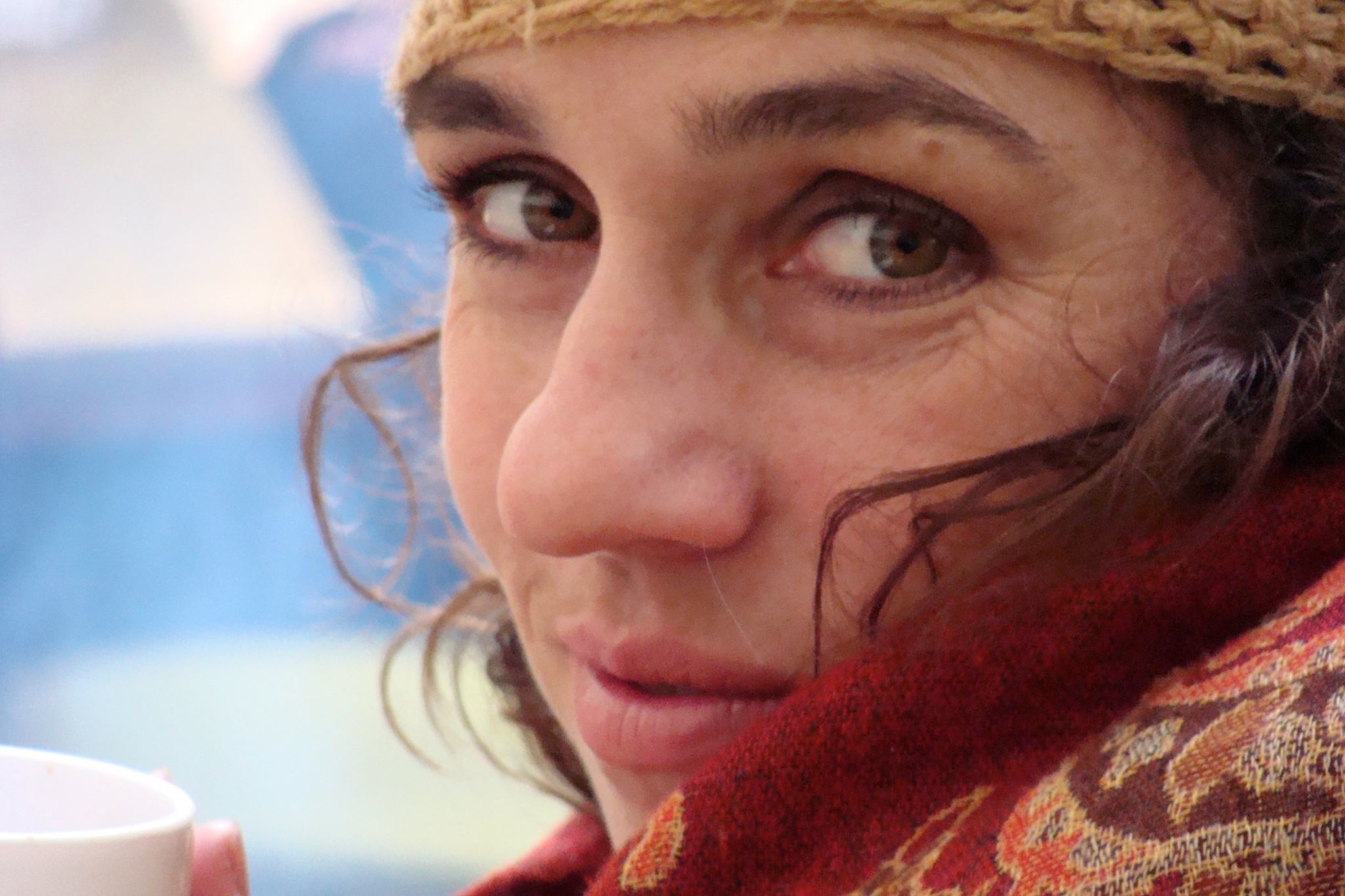
Erinbell Fanore was born and raised in Vancouver, Canada. She holds a Bachelors of Theatre from York University (Toronto), Canada and a Masters of Theatre from University College Cork, Ireland. Erinbell is also a 500 hours Yoga Alliance certified yoga teacher. She has been teaching yoga and mediation full time since 2007 and continues to write and direct. https://www.yinyogaberlin.com

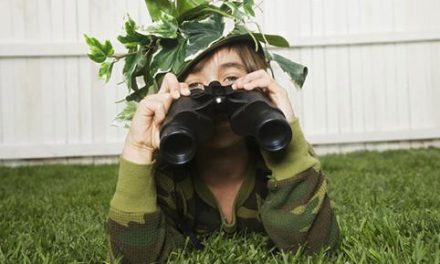
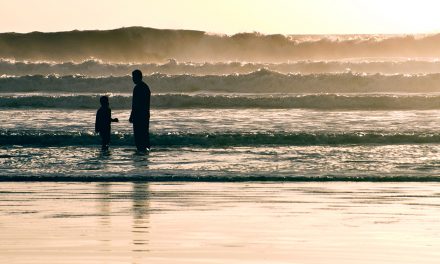
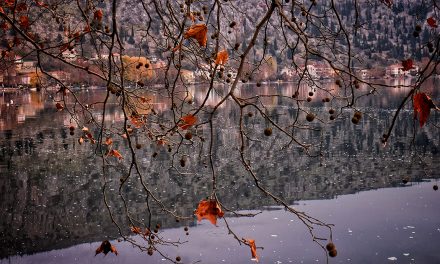
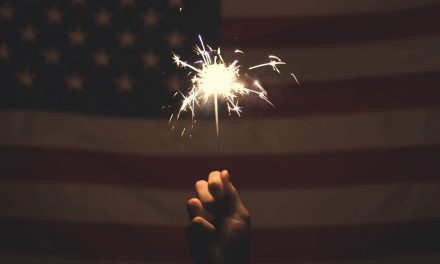























This is really beautiful. What a beautiful place to have grown up – It so reminded me of that beautiful movie, River Runs Through It. Keep writing!